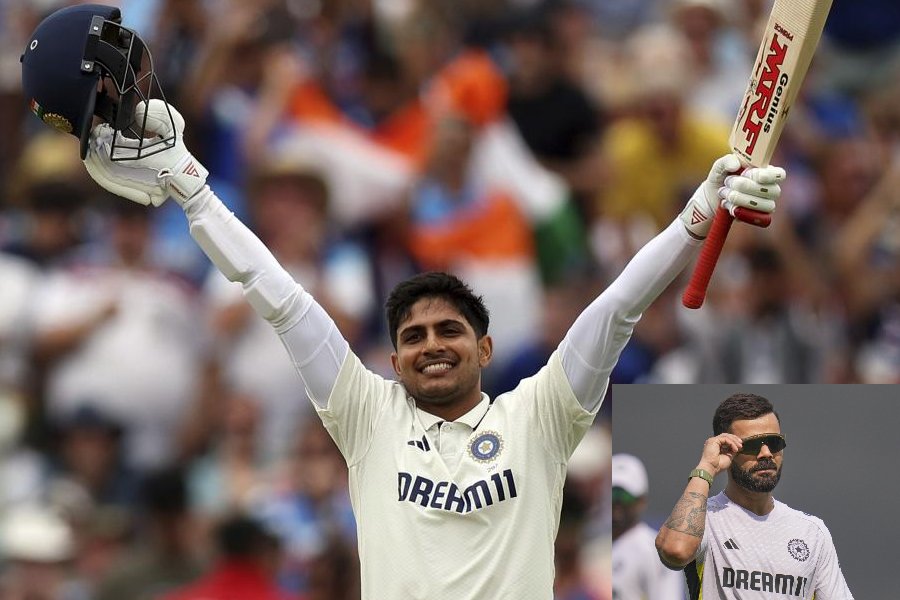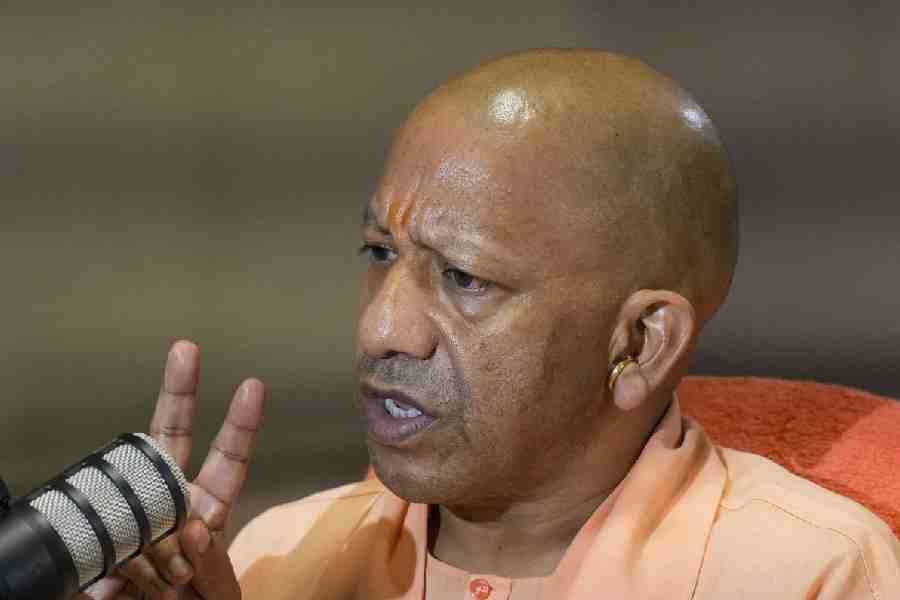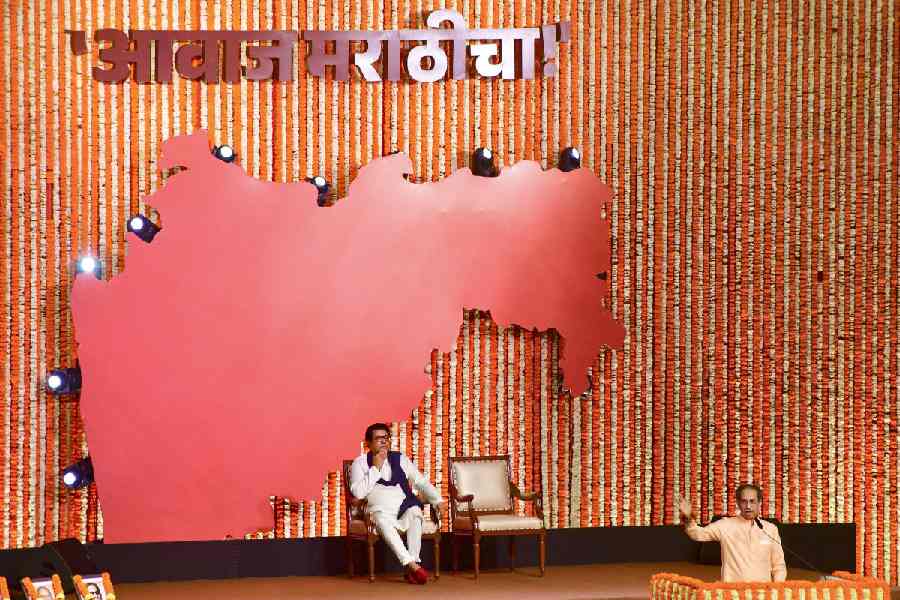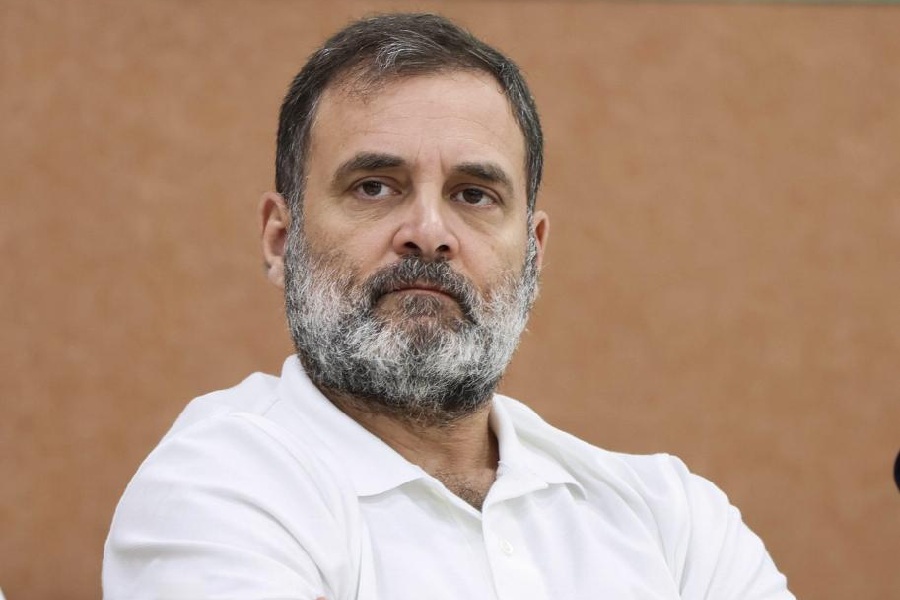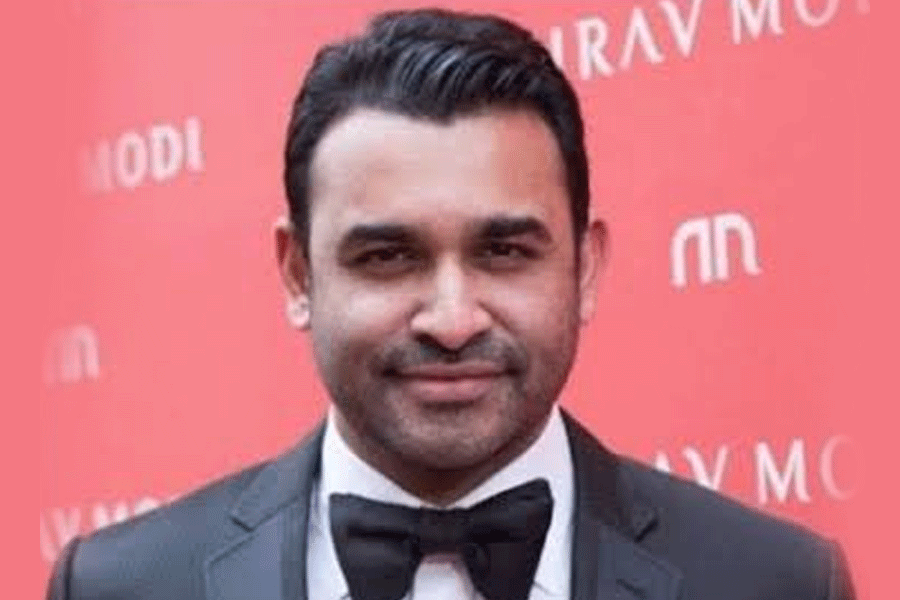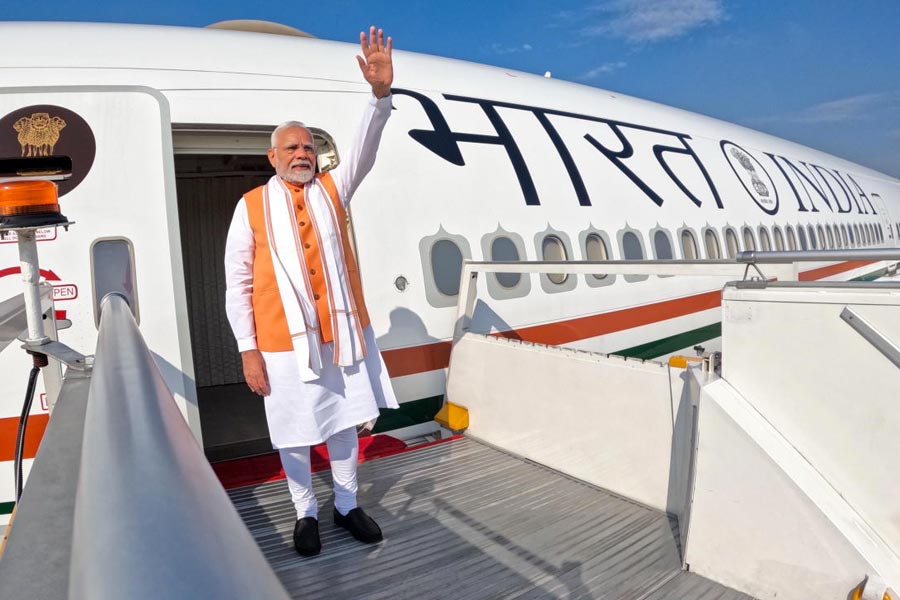Calcutta: It’s a ‘threat’ with massive ramifications.
Specifically, the Board of Control for Cricket in India (BCCI) has reserved the right to not participate in global events like the World Cup, after 2015, if the sport’s governing body doesn’t approve the drastic restructuring of the manner its earnings are distributed.
That, according to well-placed sources of The Telegraph, was spelt out unequivocally during a “presentation” at an emergent meeting of the BCCI’s working committee, on Thursday.
The meeting, in Chennai, was chaired by senior vice-president Shivlal Yadav. President Narayanswamy Srinivasan was absent owing to his mother’s demise.
As already reported, the International Cricket Council (ICC) will discuss a host of proposals, including changes in the “revenue model,” between January 27-29, in Dubai.
The proposals, regarded as controversial by quite a few, have been put together by a “working group” of the ICC’s finance & commercial affairs committee.
Cricket South Africa has, in fact, flayed the process as “unconstitutional” and “flawed.” Within the fraternity, such strong words are rarely used so publicly.
Then, late on Thursday, news came from Colombo that Sri Lanka Cricket also intended to oppose the proposals. It called on the ICC to defer the entire thing.
The Pakistan Cricket Board, too, has “strong reservations” and is “exploring options.”
So much for unity within Asia.
Again, as reported, the BCCI, the England and Wales Cricket Board (ECB) and Cricket Australia (CA) stand to benefit the most.
More important, one of the proposals gives those three Boards the right to veto, though it hasn’t been put exactly that way.
“Call it a threat if you wish, but the BCCI has to get a greater share of the earnings, for the simple reason that the Indian market provides around 75 per cent of the ICC’s revenue...
“Right now, the BCCI gets about four per cent. We’re looking at something in the region of 24 per cent, which is a reasonable expectation... The ECB and CA will each get around eight per cent,” one of the well-placed sources said.
If accepted, the proposals will come into effect from 2015, after the ICC has negotiated the commercial rights for the period from 2015-2023.
To talk of the working committee meeting, as is the tradition in the BCCI, it “unanimously” approved the proposals which take centre stage next week.
And, why not? If the BCCI gets richer, so will its affiliates (barring the Institutional bodies and non-playing members), who get a minimum of about Rs 24 crore annually from the parent body.
Of course, there’s also the bit about nobody having the courage to oppose anything either put forward by Srinivasan or on his behalf.
Besides the one relating to finances, the proposals include: Giving the Test-playing nations the right to schedule bilateral series’, without involving the ICC; allowing for the chairmanship of a restructured ICC to rotate between India, England and Australia.
Soon, the president’s post in the ICC won’t have anything more than titular status. All the powers will rest with the chairman.
For the proposals to be accepted, seven of the 10 Test-playing nations have to give their thumbs up. So far, only New Zealand Cricket has backed the ‘Big Three’.
Lightweights Bangladesh and Zimbabwe are expected to fall in line. So, the attention really is on the West Indies.


